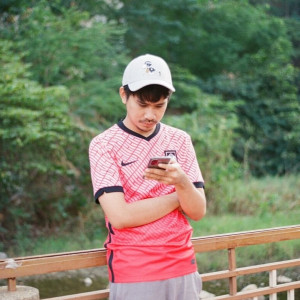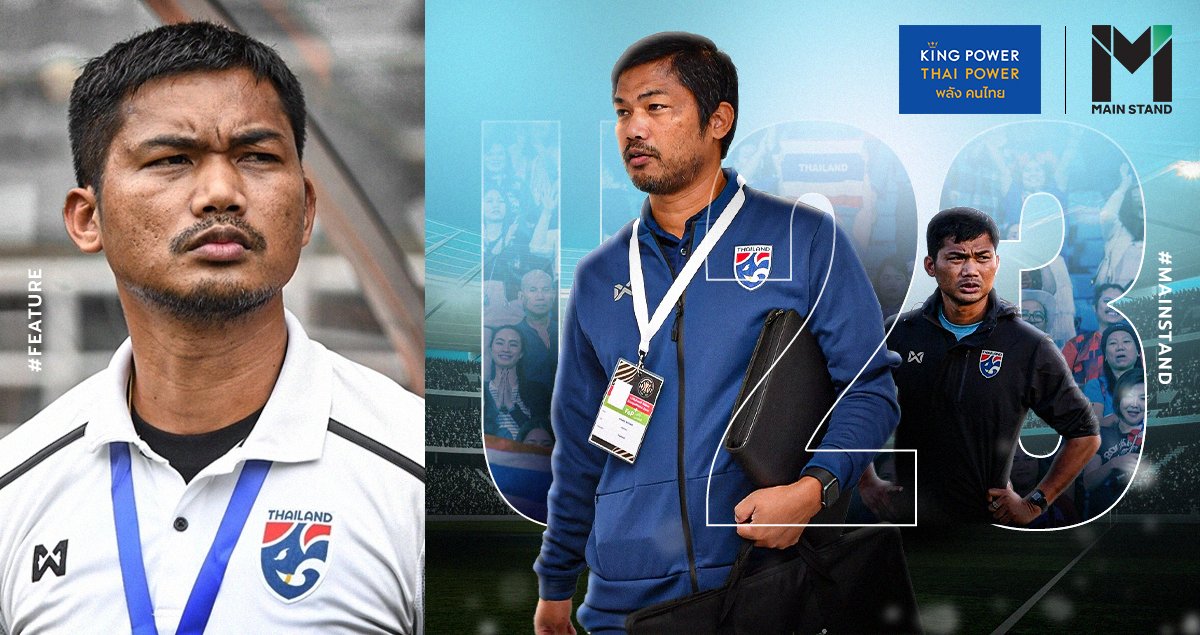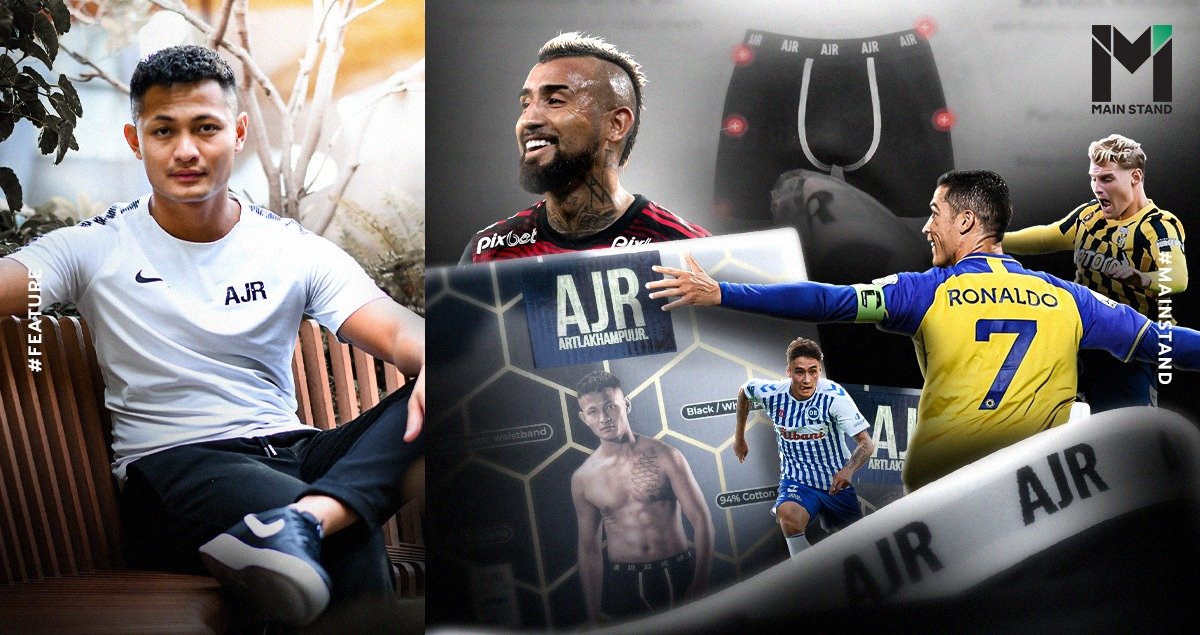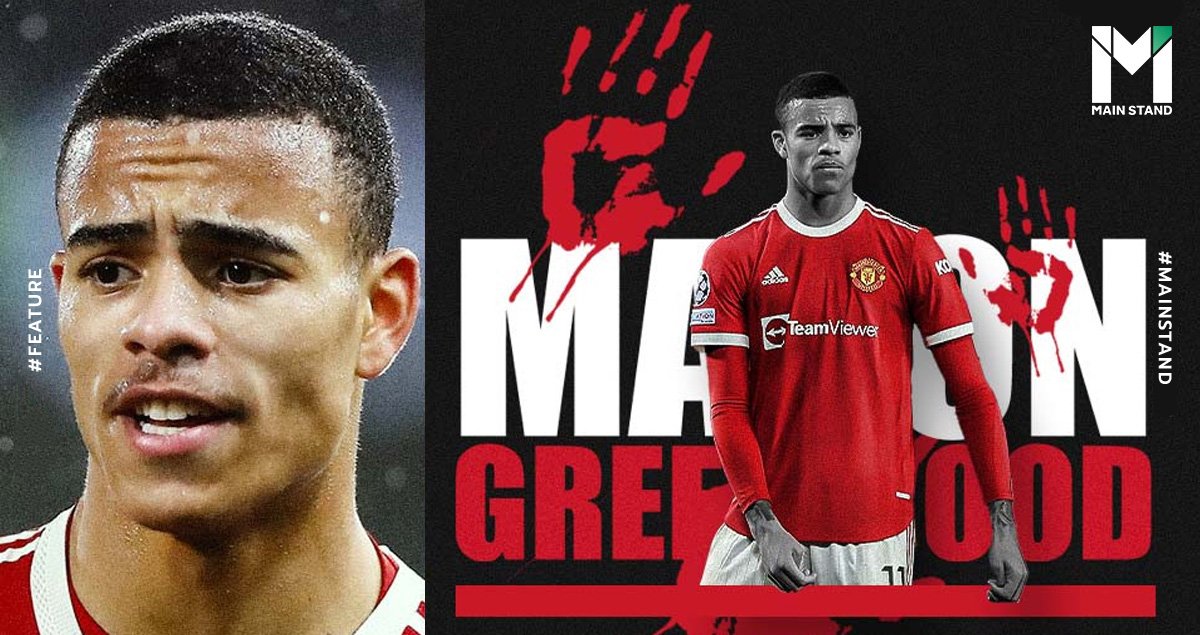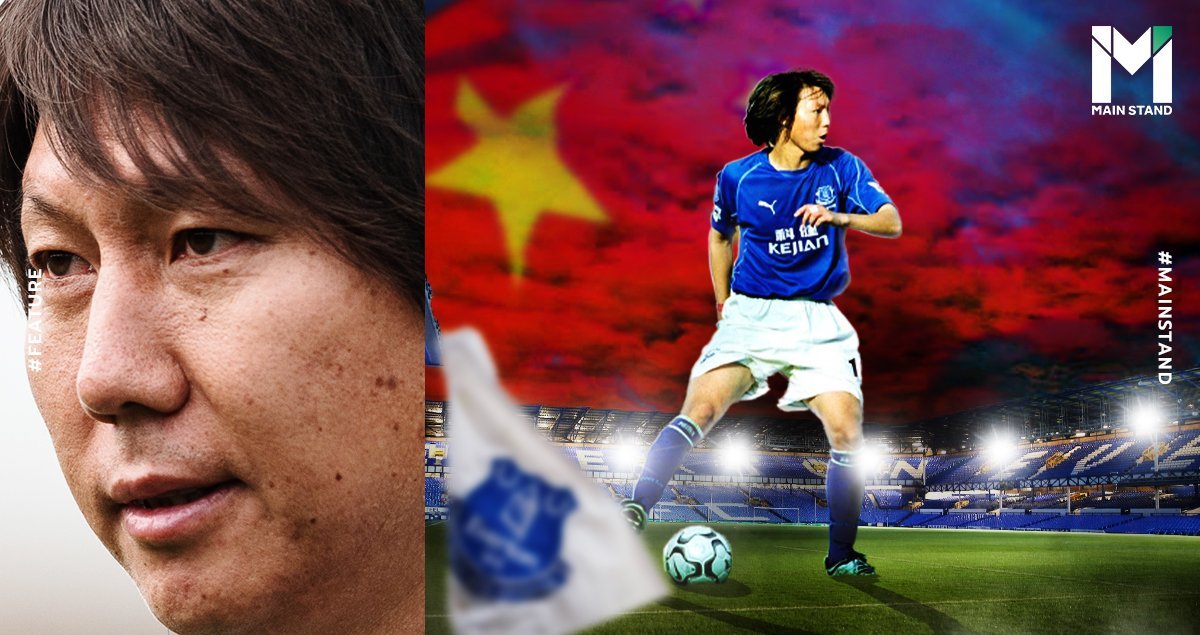
Over the years, China has become a potential market European football clubs aim to tap into based on its economy and immense population. This is because those two factors translate into money for the clubs.
Looking back 20 years ago, Everton did something no English club had before when they bought a Chinese player, aimed to reach a new fanbase in China.
Today, Main Stand will walk you through Li Tie’s journey, from a player who initially joined as a commercial makeweight to making himself a household name in Goodison Park.
Becoming the Beckham of China
In the summer of 2002, the 2002 FIFA World Cup, hosted by Japan and South Korea, was undoubtedly the most significant event in Asia, if not the world.
On the other hand, Everton fans paid particular attention to Li Tie, a superstar Chinese national footballer.
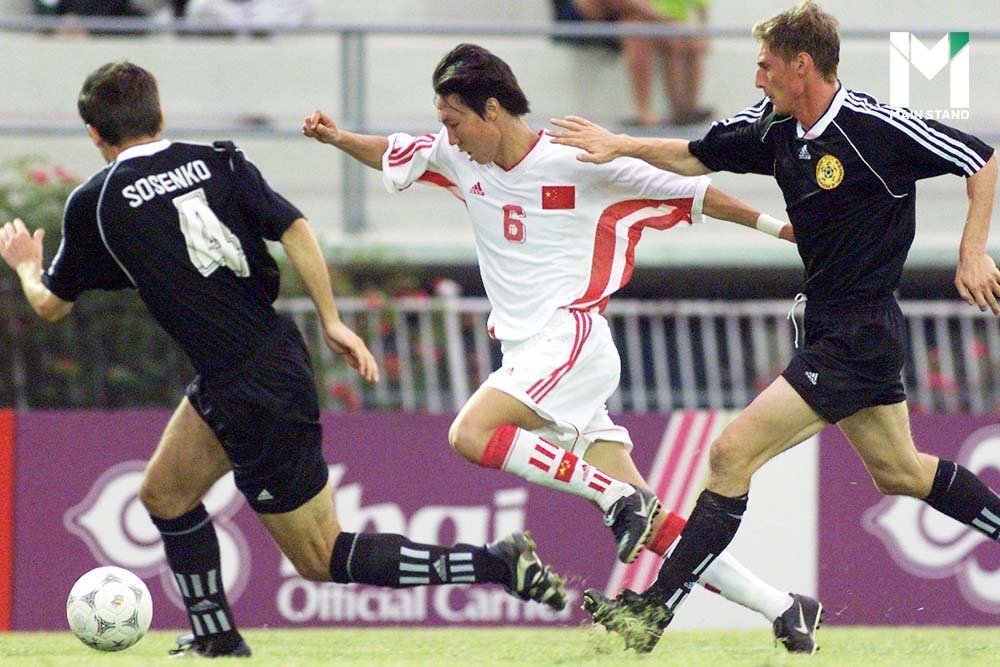
He was once a prodigious youth player sent out for a three-year training in Brazil. And his exceptional skills made him a China youth team captain.
While Li Tie was a prominent star overseas, he was a key player for Liaoning FC, his hometown's club. As Chinese football was still a long way from being a footballing powerhouse, Li Tie was a skilled player whose performance lived up to foreign players in the league.
That's why Li Tie gained so much domestic recognition that he was selected to be a presenter for soft drink cans, mobile phones, and even aftershave.
One can see his face staring out from billboards across China, not to mention his autobiography books, whose sales figures were a hundred of thousand books, despite no caps in the World Cup.

"You can replace Hao Haidong and Fan Zhiyi, but you can't replace Li Tie. He's a world-class player, though he may need time to settle into English football," Bora Milutinovic, former China national football team head coach who steered the team into the 2002 World Cup, complimented the team's superstar Li Tie.
Li Tie was a big star viewed as "China's David Beckham." With such prominence, China was interested in sending its best player to prove his talent to the world's top league.
In the end, Merseyside team Everton signed Li Tie for free.
Sponsorship that makes deals come true
While Li Tie was playing in the Chinese Super League, two renowned Chinese players, Sun Jihai and Fan Zhiyi were exported to gain experience at the Premiership side Crystal Palace in 1998.
Indeed, the two were not so successful during their stints in the Premiership. However, their first game as London-based Crystal Palace players was televised to nearly a billion Chinese people worldwide.
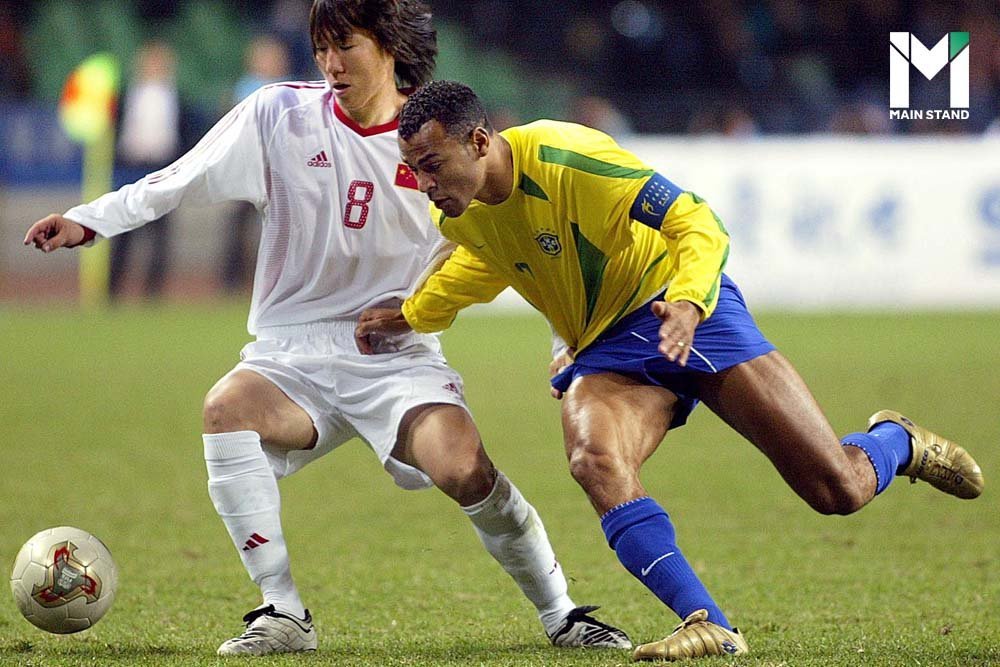
That phenomenon gave low-profile Premier League teams the idea that they could earn tremendous revenues by tapping the Chinese football market.
Easier said than done. In practice, it was difficult for the English sides to acquire the Chinese connection as they possessed little knowledge about the Far East. Also, the Chinese government was a huge obstacle.
As a result, the only commercial benefit from the two Chinese Crystal Palace players was fake football jerseys that were well-received and ubiquitous in China.
Having long figured out how to penetrate the Chinese football market successfully, Everton eventually sorted it out. The side decided to formalize a sponsorship deal with Keijan, a Chinese telecommunication company, which would be the team's shirt sponsor for two years.
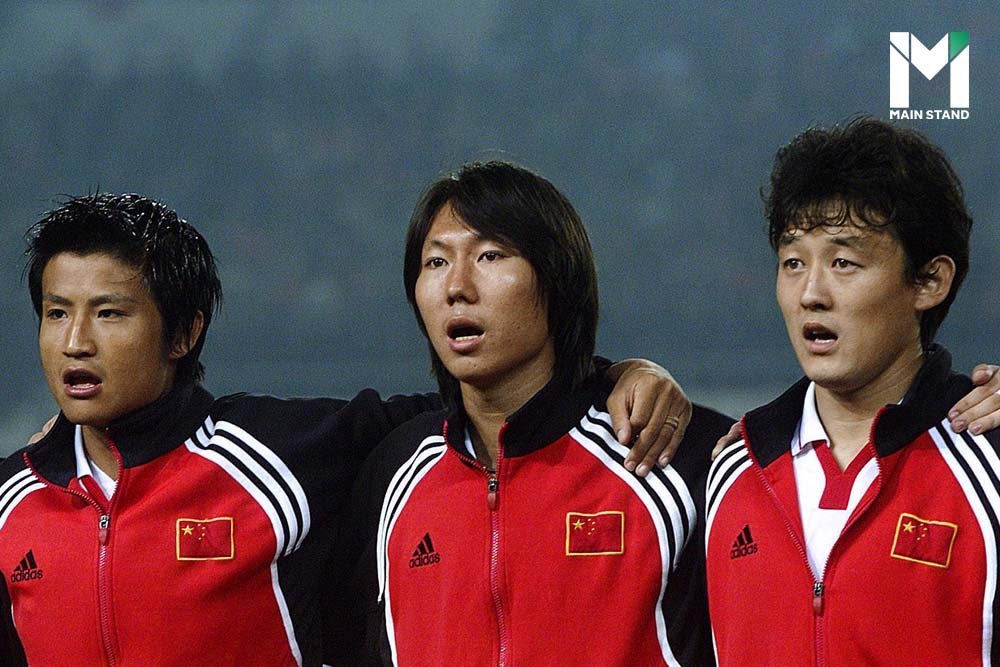
Everton would earn £2 million, which was only a tiny part of what they would receive as imposed in the deal.
The deal was that Everton had to use Li Tie and Li Weifeng on a one-year loan. Without a doubt, Everton fans strongly disagreed with the decision the club made.
The fans' dissent resulted from their awareness of the Chinese sponsor's bargain for the Chinese connection. If any teams aimed to reach more fans in China, they would have to accept the condition: using Chinese footballers.
Everton was well aware of this and ready to take a chance. In the press statement announcing the club's partnership with Keijan, Everton stated a clear resolution to partner with China's leading company.
The club even made a straightforward statement, claiming this sponsorship contract aimed to reach an unprecedentedly large number of fans in China.
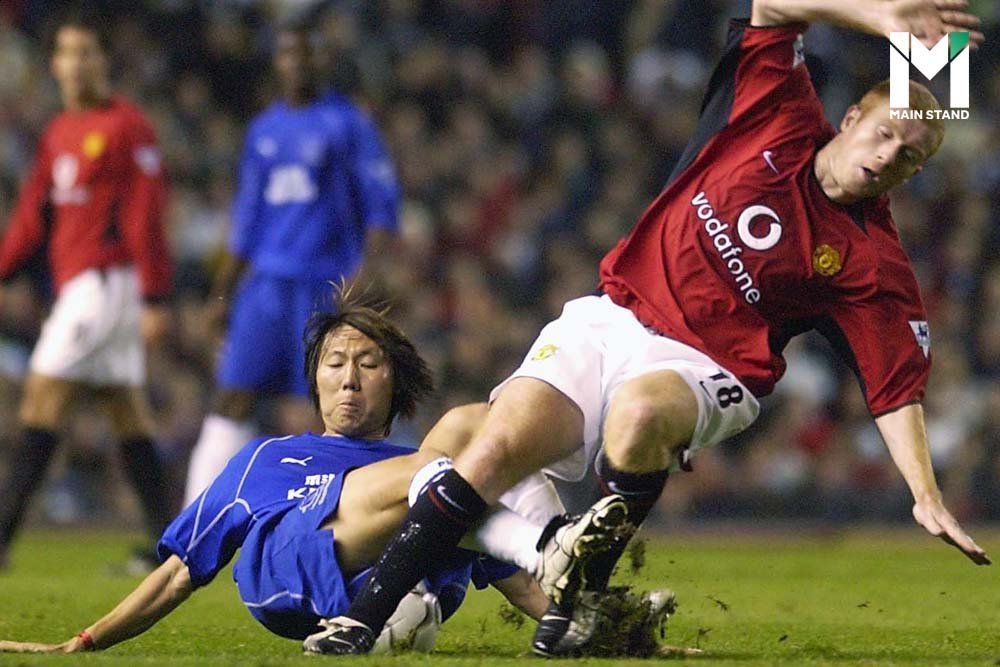
It was crystal clear that including the two Chinese players in the team was to serve a commercial purpose and had nothing to do with football, and that is why the fans didn't have expectations toward the Chinese duo player.
Unbelievably, Li Tie proved his importance at Goodison Park, playing as the main player and later moving to the team on a permanent signing.
Is this a successful transfer?
Then Everton coach, David Moyes, was credited for Li Tie's accomplishment. He traveled to China to witness the national team's performance in the World Cup to handpick a footballer that could benefit the team, per the contract with the sponsor. And Li Tie stood out in the 2002 World Cup.
"Li Tie is, in my opinion, one of the best that the Chinese team offers. But we really mustn't get carried away. He is a good player, but he will have a great deal of work to do and much progress to make if he is to break into our first team," Moyes said, referring to the Chinese national midfielder.
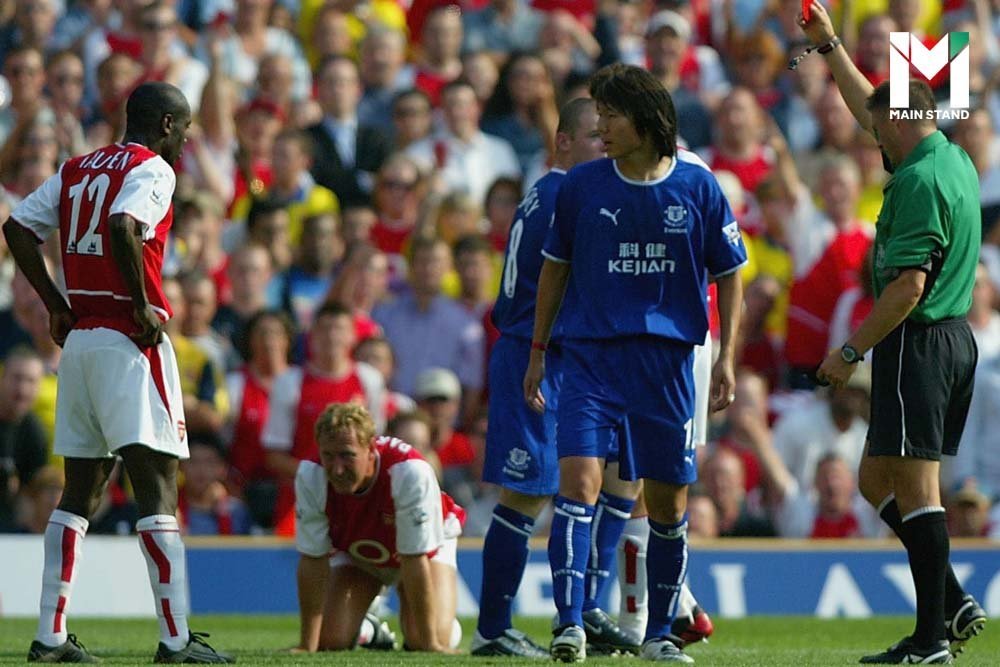
Still, Moyes' demand for Li Tie almost failed to come to fruition because Li Tie was playing for Liaoning FC, whose owner was Keijan's rival. Liaoning FC, therefore, refused Everton's offer. So the club could only sign Li Weifeng, and Moyes was utterly shocked.
However, after much discussion, Li Tie was allowed to play for Everton in the 2002-03 season, making 33 appearances. Later on, Everton completed a permanent move with him with £1.2 million in the following season.
On the contrary, Li Weifeng, who Moyes had no interest in signing, made only two appearances before returning to his hometown right after the season ended.
Even so, Li Weifeng's failure in the Premier League didn't tarnish his career much as Li Tie's success was tremendous enough to dominate his story. That made Li Tie one of the most popular players among Chinese people.
Substantiated by the match between Everton and Manchester City, each of which has a Chinese squad player such as Li Tie and Sun Jihai, respectively, the number of Chinese watchers sharply rose to 360 million, which outnumbered those in the 2002 World Cup between China and Brazil.
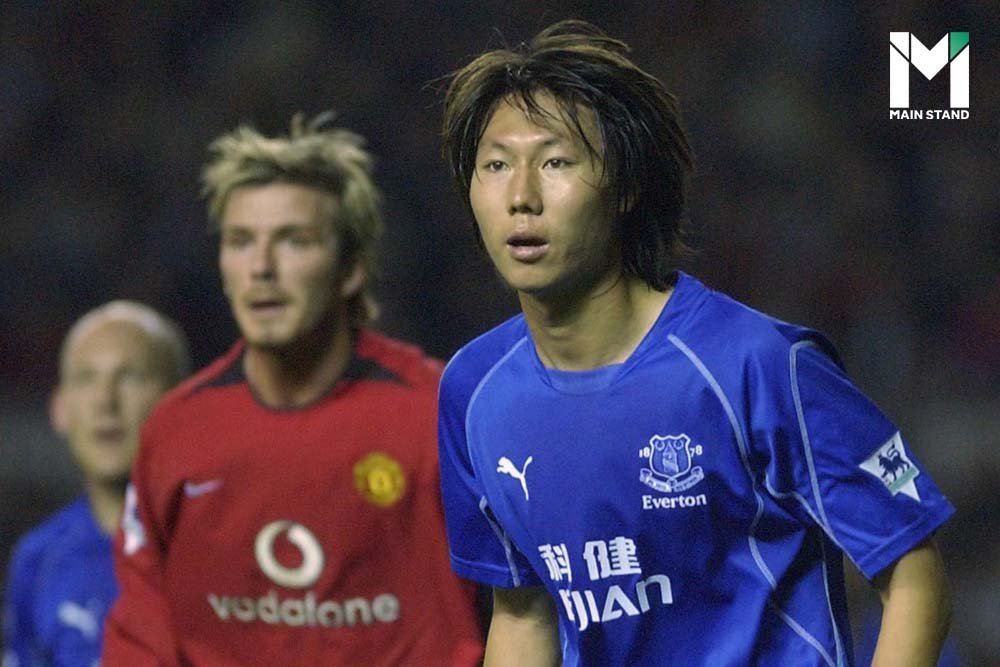
Li Tie's position as an Everton prominent player doubled Everton's recognition in China, and the Toffees became the most popular club among Chinese people.
According to reports, Everton's Chinese website had over five hundred thousand visitors daily.
Li Tie had such a big success in Everton that this national sporting hero couldn't even have a walk in Liverpool's Chinatown.
In the following season, Li Tie made only seven appearances on the pitch as he was awarded a red card and had a lengthy suspension by David Moyes before he left Everton in 2006.
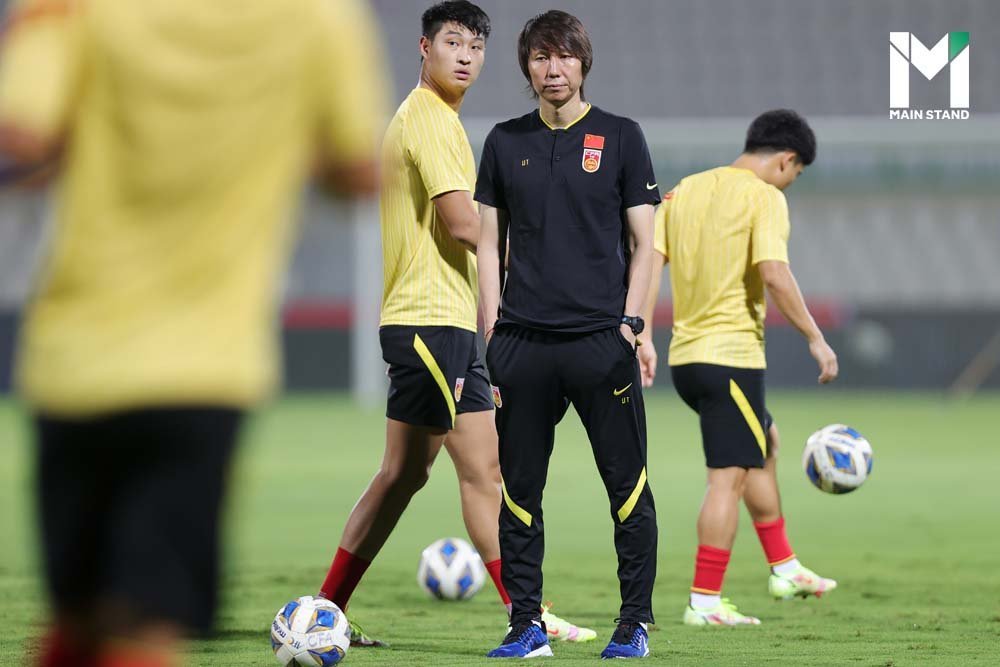
Despite such an undesirable end with the club, this Chinese midfielder has always been part of the team's success in Chinese people's and Everton fans' minds.
"My daughter was born there and is now nine years old. Yet, when I took her back to a game earlier this season, the staff still joked that she was a scouser," said Li.
"Many of the club staff are still there. They cannot believe how much my daughter has grown.
"I remember last time I went back to England, an Everton fan at the airport spotted me. He had seen every game I played for the club and even remembered me scoring in a preseason game against Rangers.
"England left me with great memories. I still go back every year," Li Tie said, recalling his experience as an Everton player with absolute pride.
Sources:
https://bleacherreport.com/articles/2153437-exclusive-former-everton-midfielder-li-tie-on-his-career-and-football-in-china
https://www.irishtimes.com/sport/everton-s-li-tie-taps-into-vast-market-1.1093057
https://www.independent.ie/sport/soccer/why-li-tie-makes-chinese-crackers-about-everton-26025503.html
https://www.liverpoolecho.co.uk/sport/football/football-news/everton-transfer-target-sponsorship-chance-24554084

